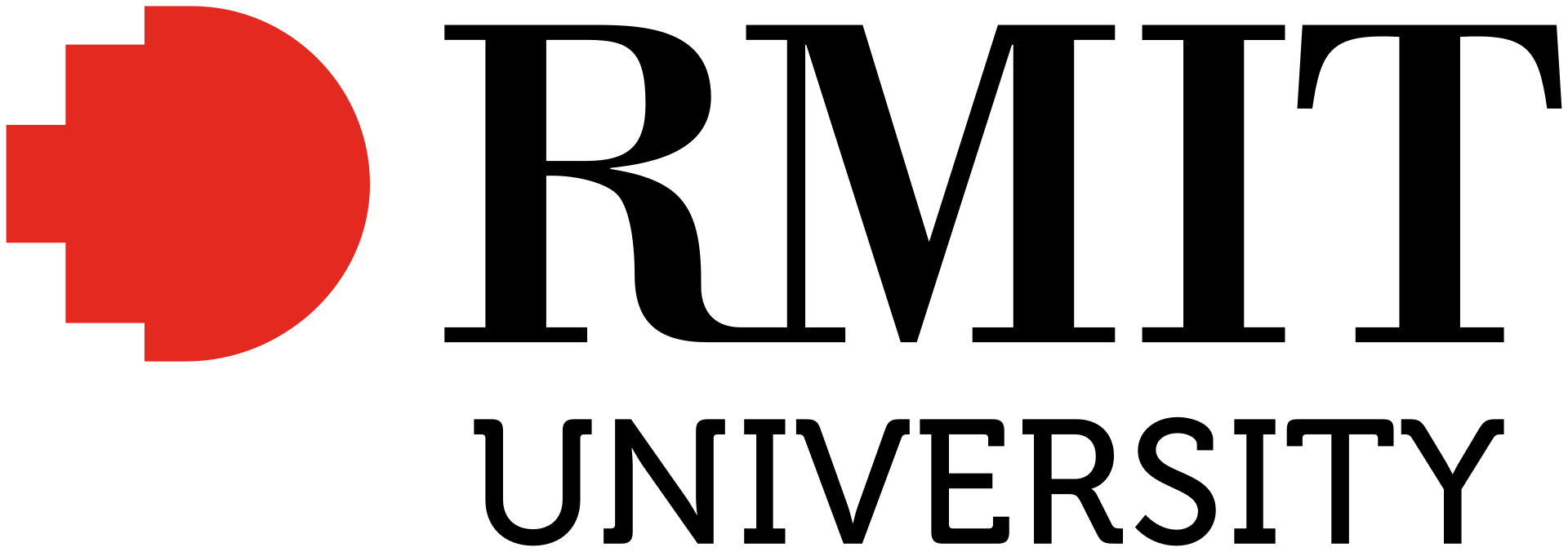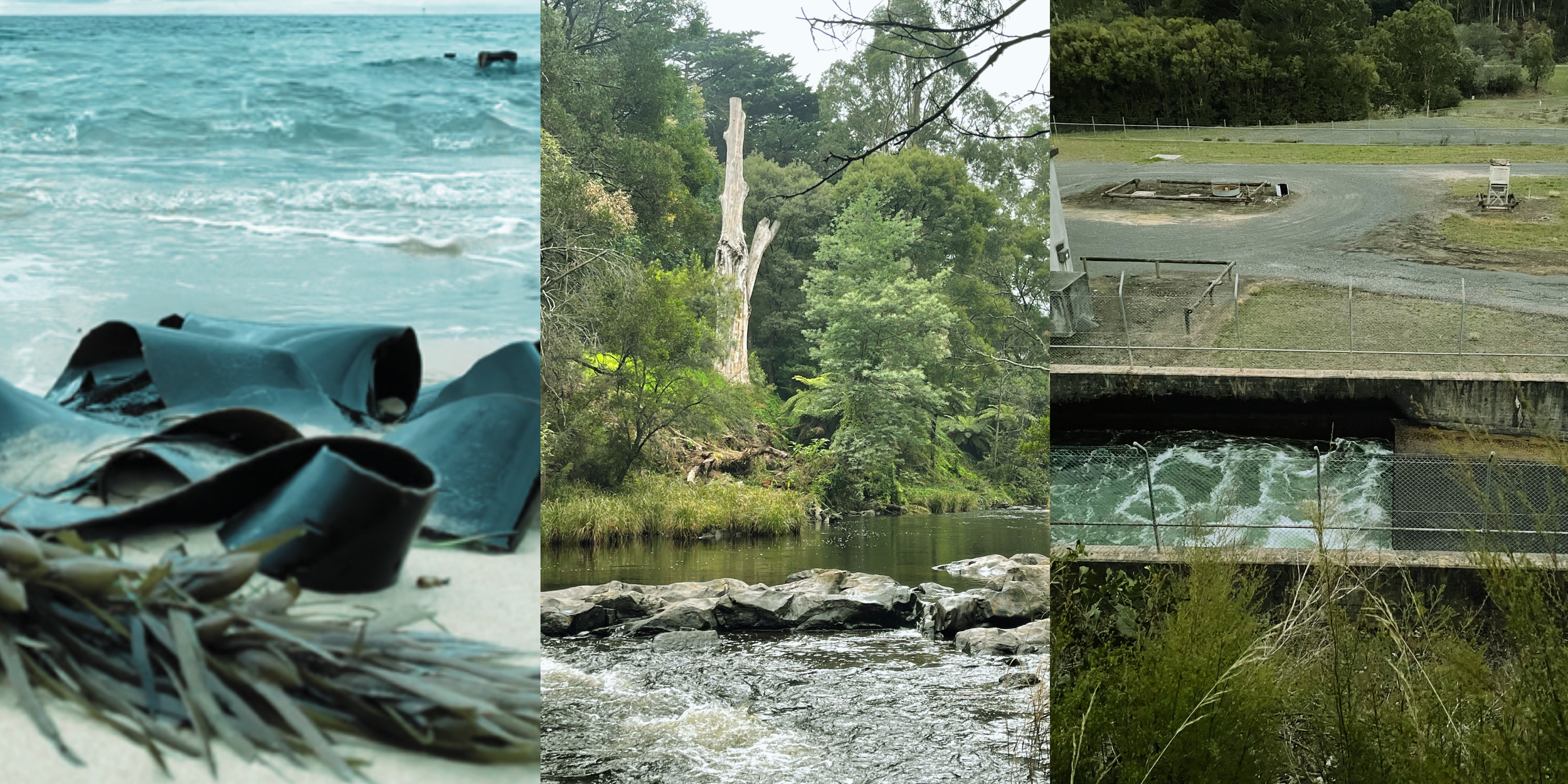
Australian Posthuman
Summer Laboratory
2-10 February 2026
Narrm Melbourne
Photograph by Angelina Innocent
Join us for the final Australian Posthuman Summer Laboratory 2026 in this series as we think, walk, make, talk with N’arweet Professor Carolyn Briggs AM and Professor Rosi Braidotti and engage in regenerative futures and planetary civics required for us to live well together.
We are researching three sites for intensive fieldwork for the 2026 Lab. Watch this space.
EOIs for the 2026 are now open until Sunday November 30th, 5pm Australian Eastern Daylight Time.
The climate crisis urgently compels us to address the interdependence of human, non-human, and more-than-human entities, fostering a profound shift in our ethical and technological paradigms challenging longstanding patterns of anthropocentrism. In cities, it is even more challenging to reconsider our role in the intricate web of life, but it is also more urgent. Posthumanism is a way into a future where all entities collaborate for planetary resilience and flourishing. Planetary Civics transcend traditional boundaries, forging a holistic alliance to navigate and mitigate the challenges that transcend individual species and extend to the broader biosphere.
Building on posthuman methods developed in the inaugural Lab in 2024, we are expanding our work with Professor Rosi Braidotti, RMIT University via a second interdisciplinary laboratory exploring intersections between posthuman methods and First Peoples knowledges in consultation with Boonwurrung elder N’arweet Professor Carolyn Briggs AM.
N’arweet Professor Carolyn Briggs AM PhD is a descendant of the First Peoples of Melbourne, the Yaluk-ut Weelam clan of the Boon Wurrung. Over the past fourty years, Carolyn has worked with diverse communities on Indigenous language restoration, and advocacy for Indigenous culture and heritage. She is currently remapping Naarm as part of RMIT future play lab’s ARC Linkage Project Play about Place.
Professor Rosi Braidotti is a feminist Continental philosopher and Distinguished University Professor Emerita at Utrecht University in the Netherlands. Throughout her work, Braidotti asserts and demonstrates the importance of combining theoretical concerns with a serious commitment to producing socially and politically relevant scholarship that contributes to making a difference in the world.
Over the eight-day lab in February 2026, participants will develop collaborative, place-based projects expanding posthuman methods through urban action and a second connected book publication. Each of the three labs generates a book publication, this trilogy will map a collective posthuman atlas of creative methods.
We will travel across numerous sites across Naarm Melbourne to explore, enact, understand, experience regenerative practices in situ.
The lab is led by Dr Fiona Hillary (RMIT School of Art) and Dr Troy Innocent (RMIT School of Design / future play lab.) in collaboration with a team of industry partners, artists, designers, writers working with posthuman methods in public spaces across RMIT’s College of Design and Social Context. This is a Planetary Civics Initiative.
We have 50 positions available for this Laboratory that will focus on thinking through a posthuman lens with regenerative and restorative practices in the current climate crisis. The Laboratory will articulate into a book with participants invited to submit an abstract for the next posthuman atlas at the end of the Lab.
The fee for the Laboratory is $1175 per person. Submitting an EOI is a commitment to paying this fee by Friday 5 January 2026.
First Nations Scholarships
Three scholarships are available for First Nations applicants. These cover the registration fee but do not include provision for any travel or other incidental costs.
-
Submission of EOI: Sunday 30th November, 5pm AEDT
Successful applications notified: Monday 8th December 2025
Payment of fee: Monday 5th January 2026
Lab dates: February 2 - 10th 2026
-
N’arweet Professor Carolyn Briggs AM PhD is a descendant of the First Peoples of Melbourne, the Yaluk-ut Weelam clan of the Boon Wurrung. Over the past fourty years, Carolyn has worked with diverse communities on Indigenous language restoration, and advocacy for Indigenous culture and heritage. She is currently remapping Naarm as part of RMIT future play lab’s ARC Linkage Project Play about Place.
Professor Rosi Braidotti is a feminist Continental philosopher and Distinguished University Professor Emerita at Utrecht University in the Netherlands. Throughout her work, Braidotti asserts and demonstrates the importance of combining theoretical concerns with a serious commitment to producing socially and politically relevant scholarship that contributes to making a difference in the world.
Dr Troy Innocent connects people and place through urban play. Working with the city as a material, his work traverses the analog and digital spaces we live in. His approach to 'reworlding' is speculative design in action as it reconnects, reimagines and regenerates the creative, cultural and social diversity of our world. Innocent is creator of 64 Ways of Being, an innovative augmented reality platform for listening, playing and exploring cities through new eyes, and leads a three-year study on post-pandemic impacts of creative placemaking. Innocent is currently based at RMIT University where he is Director of the future play lab in the School of Design.
Dr Fiona Hillary is a Naarm/Melbourne based artist/academic working in the public realm. Employing nuanced relational and attunement methodologies cultivated through her Posthuman Publics framework, Hillary's work emerges in dialogue with diverse loci, ranging from detritus-rich littoral margins to post-industrial palimpsests and intricate urban assemblages.
Fiona is a founding collaborator in Ocean Lab, a Platform ARTS initiative, with Marine Scientist Prue Francis (Deakin University) and Sound Artist Vicki Hallett. Fiona is a member of the international collective, the Algae Society. She is a founding member of Ocean Research Climate Action (ORCA) and Co-Lead of the Australian Posthuman Summer Laboratory at RMIT University.
-
The fee for the Laboratory is $1175 per person. Submitting an EOI is a commitment to paying this fee by Friday 5 January 2025.
-
Program Specifics Pending
KEEP AN EYE ON THIS SPACE!
-
Information
Site Locations
-
Point Nepean—known in Boonwurrung language as a sentinel point where Port Phillip Bay meets Bass Strait—is Country that holds deep cultural significance and complex colonial histories. This is Boonwurrung land, where the Boonwurrung people have maintained connection and custodianship for millennia, understanding these waters, limestone cliffs, and coastal ecosystems through knowledge systems that recognize the relationality of all beings.
Here, at the narrow opening called The Rip, saltwater currents surge and collide—a meeting place of forces that Boonwurrung people have navigated and understood through intimate knowledge of tides, seasons, and the agencies of water itself. The moonah woodlands, the banksias, the kelp forests offshore—all are part of a living system understood through Yulendj Barring, the Boonwurrung knowledge system that N'arweet Carolyn Briggs teaches. Yulendj Barring recognizes how all things are connected—how the health of kelp relates to the birds, how the limestone holds memory, how the meeting of waters sustains multiple species in reciprocal relationship.
Where Rosi Braidotti's posthumanism challenges anthropocentrism and calls for new modes of relational subjectivity, Yulendj Barring offers an ancient and complete epistemology that has always understood these connections—reminding us that Indigenous knowledge systems are not precursors to posthuman thought but sovereign frameworks that demand recognition on their own terms.
Through Yulendj Barring, we understand that Point Nepean is not a landscape to be observed but Country that makes demands of us, that teaches us our responsibilities within these connections. What does it mean to engage with a place that has been simultaneously a site of Indigenous resistance, military fortification, quarantine station, and now a "national park," while holding the knowledge that Yulendj Barring offers about proper relationality?
Any posthuman engagement here must recognize that Boonwurrung sovereignty and Yulendj Barring offer complete epistemologies for understanding Country's needs and futures. Our responsibility is to learn protocols of reciprocity and care that honor Indigenous custodianship past, present, and future.
-
Coranderrk Station, established in 1863 on Wurundjeri Country, carries layered histories of resistance, self-determination, and ongoing Indigenous presence. This is land where the Wurundjeri people fought for autonomy against colonial control, where they maintained cultural practices and asserted their right to live according to their own laws. Today, Coranderrk asks us to think beyond heritage narratives toward living relationality with Country that continues to teach.
Following the relationality that N'arweet Carolyn Briggs teaches through Yulendj Barring—the knowledge system connecting all things—we might learn to listen differently. Not to extract knowledge, but to understand our responsibilities to Country and to the ongoing sovereignty of Indigenous people. The creek systems, the Mountain Ash, the lyrebirds—these are not resources or even "nature" but kin within a web of obligations and care that precedes and exceeds settler time.
Rosi Braidotti's posthuman philosophy reminds us that zoe—the vital force of life itself—flows through all matter, calling us beyond anthropocentric frameworks toward radical relationality. Yet at Coranderrk, Indigenous knowledge systems have always already known this, have always practiced what it means to be accountable to the more-than-human world as law, not metaphor.
-
The Upper Yarra Reservoir invites us into a thick entanglement of industrial infrastructure and more-than-human worlds. Built 1947 - 1957, this concrete wall holds back the Yarra's flow, creating what we call a reservoir but what might also be understood as an interspecies meeting place—where platypus, eels, and Mountain Ash forests negotiate the terms of coexistence with Melbourne's thirst.
Here, the rights of nature become visceral questions rather than abstract legal frameworks. What does it mean for water to have agency when it's dammed, measured, distributed? How do we attend to the mountain ash regenerating after fire while acknowledging the reservoir's role in the city's metabolic demands?
Through posthuman inquiry, we might ask: whose futures are secured by this infrastructure, and whose are foreclosed? The Wurundjeri Woi-wurrung Country on which this reservoir sits carries knowledge systems that understand water not as resource but as relation. Bringing dadirri—deep listening—to this industrial site means attending to the tensions between ecological rights and engineered systems, between preservation and extraction.
The Australian Posthuman Summer Lab brings together N'arweet Carolyn Briggs' Yulendj Barring—a Boonwurrung knowledge system of Country, kinship, and relational responsibility—with Professor Rosi Braidotti's critical posthumanism, creating a methodology that decenters the human while honoring Indigenous sovereignty and the vital materiality of more-than-human life.
This is a site for thinking-with water's captivity and flow, for considering how infrastructures of survival might become sites of multispecies response-ability.
Over the six-day lab in February 2024, participants developed collaborative, place-based projects leading to a program of public projects and a book publication on emerging posthuman practices.

